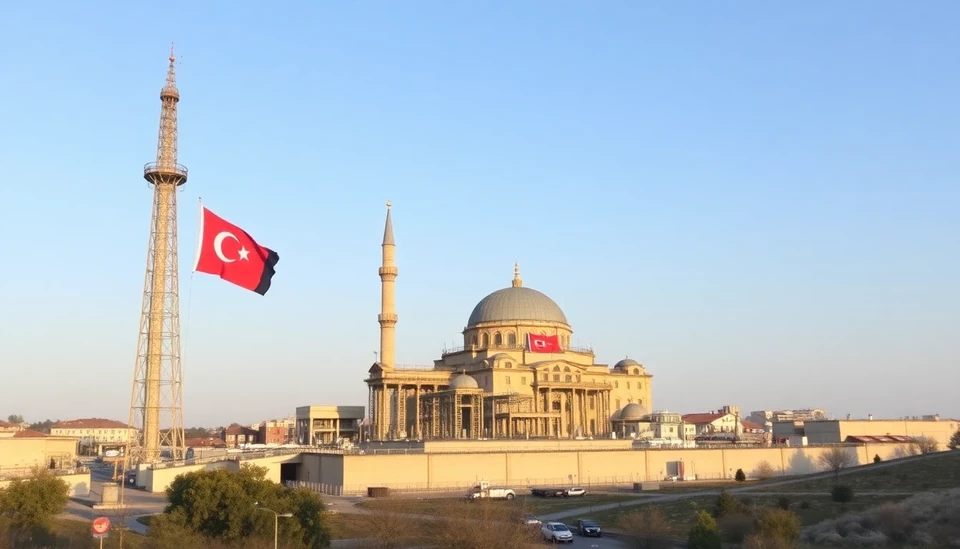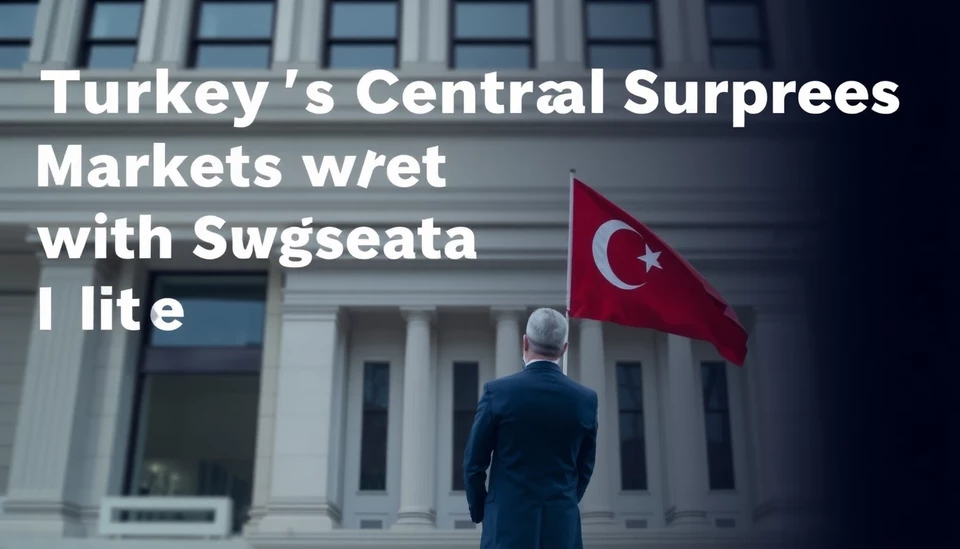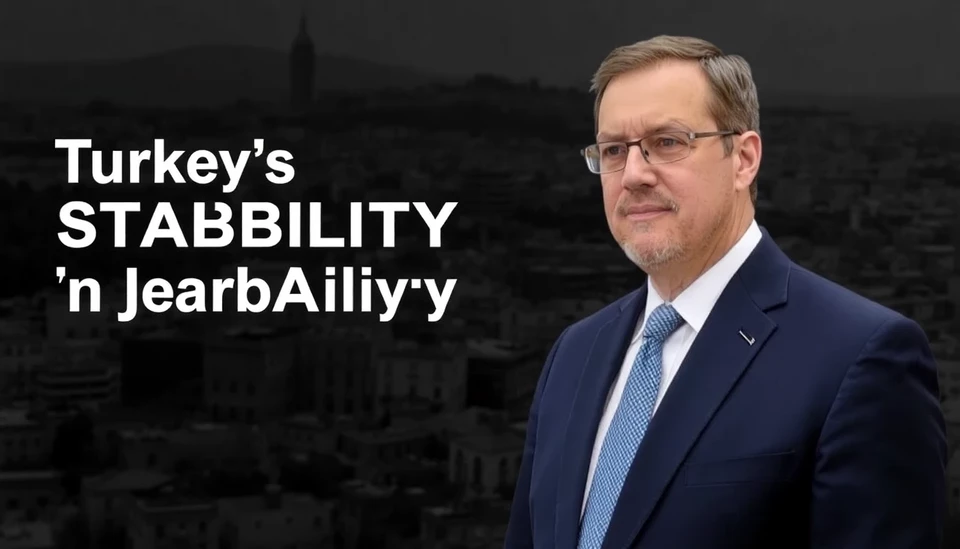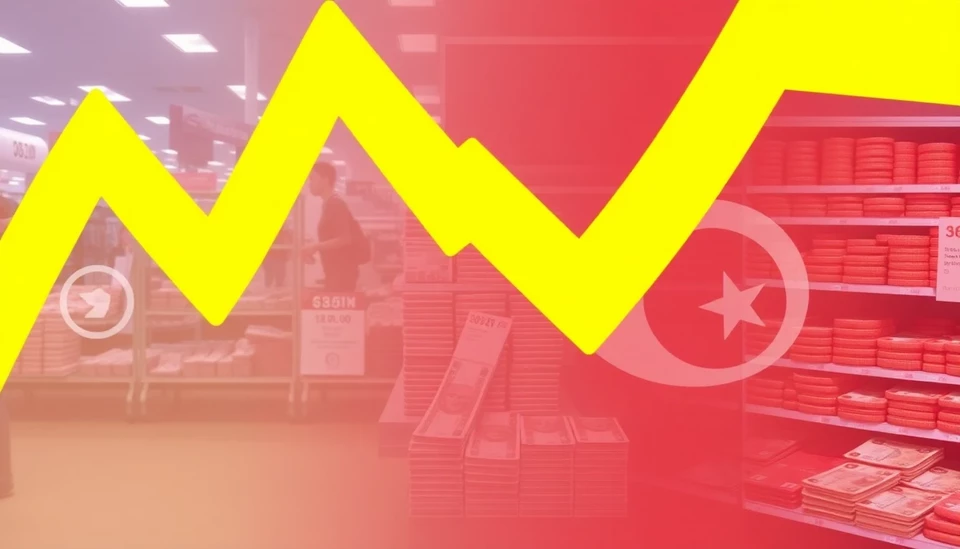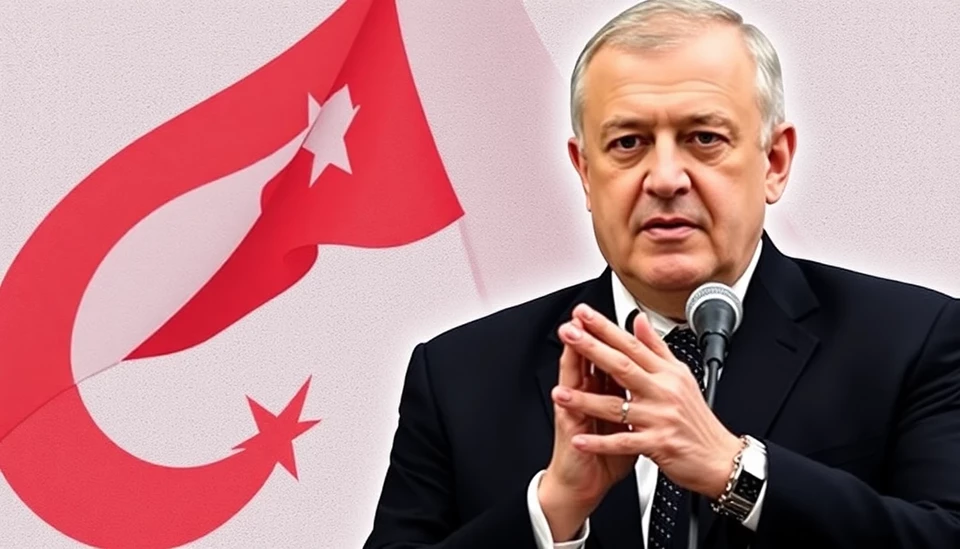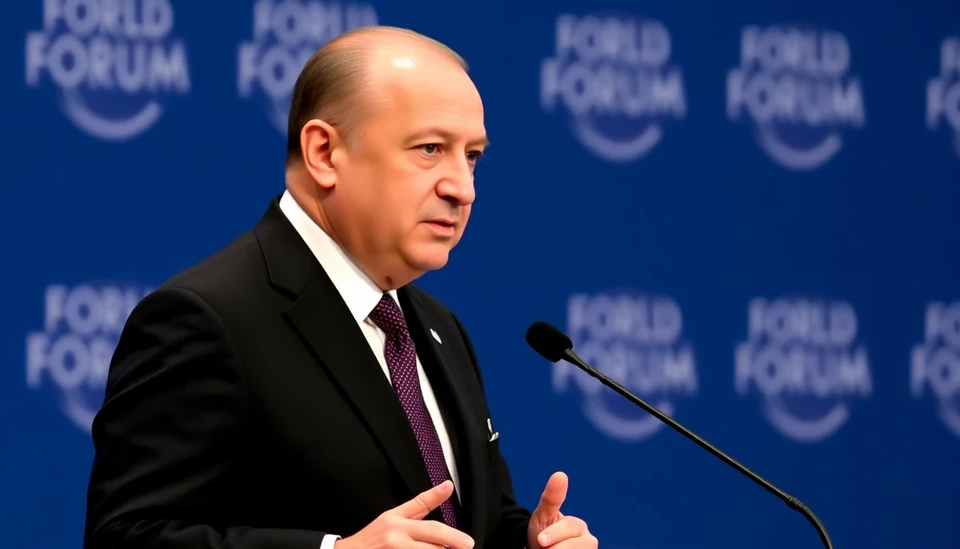
In a significant development in international relations, Turkey has announced that it will not participate in the World Economic Forum (WEF) meeting at Davos for the second year in a row, as tensions escalate over the ongoing conflict in Gaza. This decision underscores Turkey's unwavering stance on the humanitarian crisis affecting Palestinians and its growing discontent with the global community's response.
The Turkish government, led by President Recep Tayyip Erdoğan, has expressed deep dissatisfaction with various nations and international organizations regarding their handling of the Gaza situation. In previous statements, Erdoğan has condemned Israel's military operations, which have resulted in a tragic loss of civilian lives and extensive damage to Gaza's infrastructure.
The choice to boycott Davos symbolizes Turkey's intent to draw attention to what it perceives as a lack of meaningful global intervention to alleviate the suffering in Gaza. Officials from Turkey have emphasized that participation in such high-profile events, while important for economic discussions, cannot proceed without addressing what they see as urgent humanitarian crises.
Turkey’s withdrawal from the forum this year reaffirms its commitment to advocate for the Palestinian cause on international platforms, seeking to push for a more assertive stance from the international community regarding the protection of human rights in conflict zones. This boycott not only represents a political stance but also signals Turkey's broader strategy to elevate its role in geopolitical discourse, particularly regarding Middle Eastern affairs.
The ramifications of Turkey’s absence from Davos may extend beyond immediate diplomatic implications; it could also influence discussions around investment and cooperation, especially concerning emerging markets. Global leaders and investors might take note of Turkey's position and its consequences in terms of international relations and economic partnerships.
As the humanitarian situation in Gaza remains precarious, the international community faces increasing pressure to address these issues substantively. With Turkey leading the charge in advocating for Palestinian rights, its absence from Davos serves as a reminder of the urgent need for concerted global action.
In conclusion, Turkey's boycott of the Davos meeting underlines its firm stance against the current geopolitical landscape affected by the Gaza war and reflects its efforts to champion humanitarian issues on a global stage.
#Turkey #Davos #WorldEconomicForum #Gaza #HumanRights #PalestinianCause #InternationalRelations
Author: Rachel Greene
